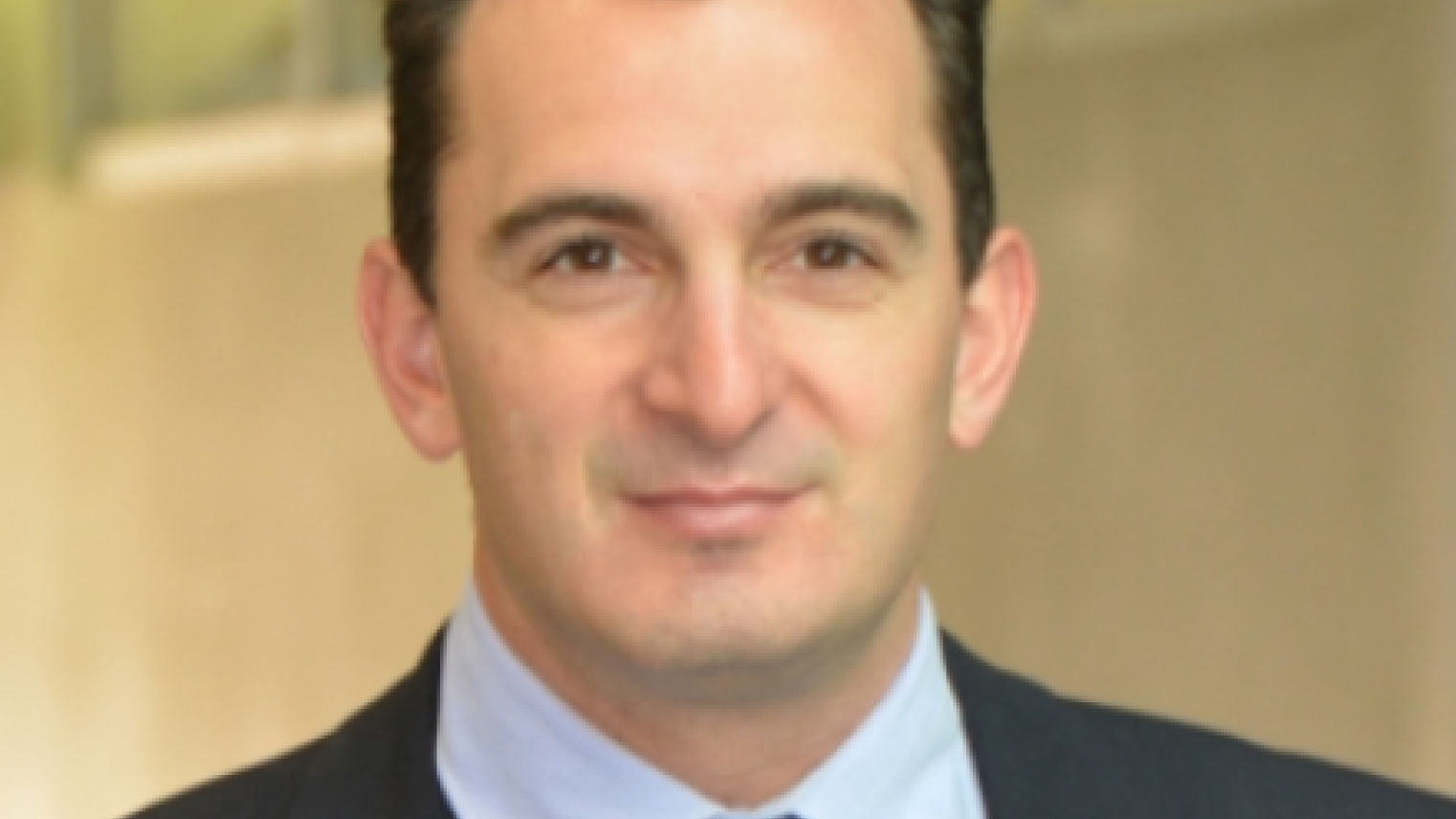Nuclear weapons, underground tunnels and more with Dr Michael Cohen

Crawford School introduces our fantastic staff, so you can meet the people of Asia and the Pacific’s leading graduate policy school.
This time around, we talk to Dr Michael Cohen about moving to Canberra, his research interests and why he wanted to work at Crawford.
What is your role at Crawford School and what do you enjoy most about it?
I am revising my second sole-authored book manuscript and several papers, teaching fabulous NSC Masters students about the mechanics and effectiveness of interstate coercion and co-ordinating the NSC’s small but dynamic PhD program. I am very thankful that I can contribute to ANU’s 2021-2025 Strategic Plan and Australia’s pressing National Security requirements through my research and teaching. I am looking forward to AUKUS creating many new opportunities for my research to be of greater interest to the Australian public policy national security community.
What drew you to the Crawford School?
The opportunity to be part of a dynamic scholarly community addressing Australia’s many public policy and national security challenges.
What’s been your favourite moment working at Crawford so far?
An NSC delegation to Washington DC. Teaching the NSC’s EPD program is also very rewarding.
What did you do before coming to Crawford?
I was a Senior Lecturer at the Department of Security Studies and Criminology at Macquarie University in 2015 and 2016.
Can you give an overview of your research area and why it’s important?
The questions of how nuclear weapons and interstate defensive alliances influence interstate conflict are very important and becoming more central to Indo-Pacific order. These questions lie at the heart of the Russia-Ukraine war, North Korean nuclear challenge and Sino-U.S. geostrategic competition. These questions are important because they will drive and define the emerging Indo-Pacific and world order.
What drove you to become a researcher?
Well, it turns out that most of my ancestors on my father’s side were academics, Rabbis or antique and second hand dealers. So I guess it runs in my blood.
What’s one place in the Asia-Pacific you’d most like to visit?
If North Korea collapses (short of nuclear war), and it becomes possible to visit the (many?) secret underground tunnels that the Kim dynasty have used to get around and stay safe, I’d be very keen.
What are you looking forward to in 2023?
Professionally, getting my book and several articles revised and under review. Personally, my middle son, Robbie, aged almost 13, scored a role in a play about a mafia family. It is called HEIST. He is much younger than all the other actors in the play. He stars as the gangster’s son who is after his parent’s money. This part of the character comes too naturally to him. I’m looking forward to seeing the play in first week July.
What’s your favourite thing about living in Canberra?
How close everything is and how many members of the National Security community live here.
Where’s your favourite place in Canberra or somewhere you’d like to visit?
After returning from almost 6 months in Rome, I am loving quiet weekends in our garden and at home. I would like to return to Manuka oval when international cricket matches again occur there later this year, and have had many good times there with Crawford and ANU colleagues.
What is one thing that you can’t live without?
I go to the gym after work twice a week. It’s very refreshing to put work aside and keep fit and healthy (or at least try).
What is one thing you have brought with you?
My family: my wife Anna and our 3 kids Samuel (15), Robbie (12) and Sofia (6).